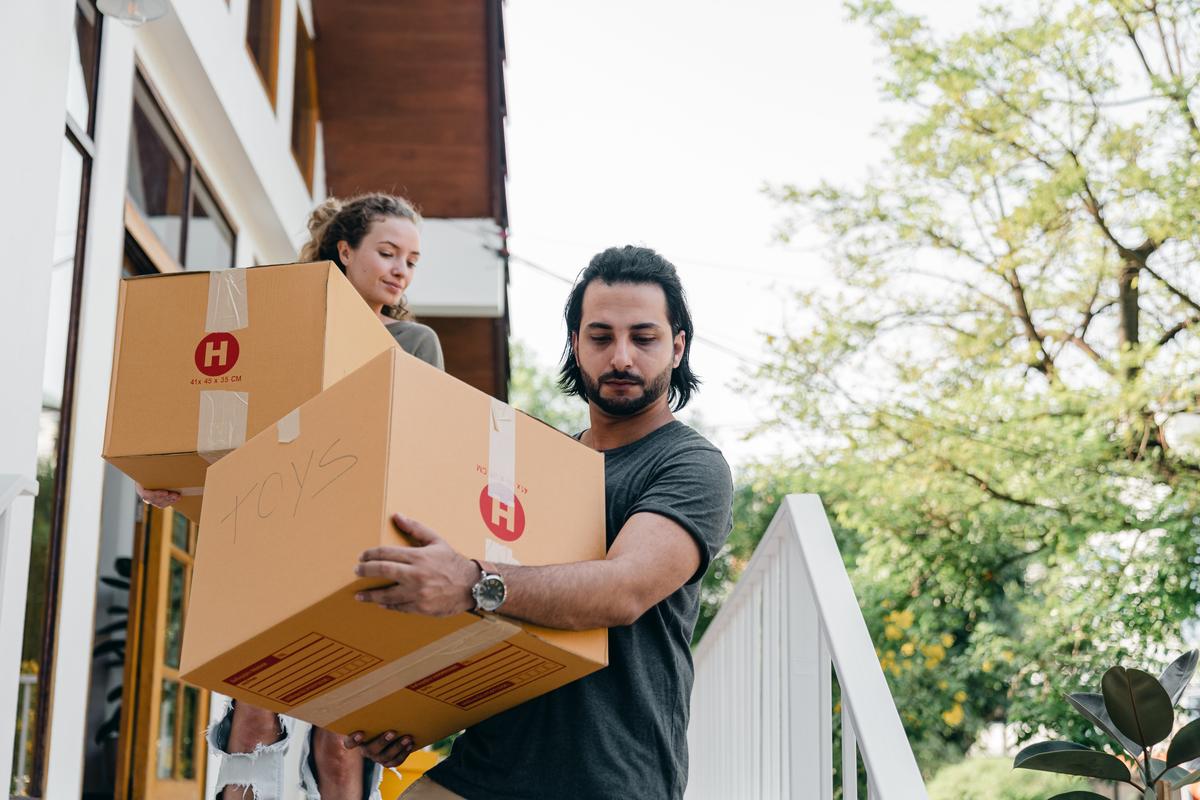Is Duluth the most climate-proof city in America? That large-scale idea was brought to light in a talk by Dr. Jesse Keenan who was the keynote speaker at UMD’s “Our Climate Futures” conference in 2019. Keenan is a real estate professor at Tulane University in New Orleans and a globally recognized thought leader on the intersection of climate change adaptation and the built environment.
“Duluth: The most climate-proof city in America” was promoted by Keenan in his talk as a way to market the city to people who want to relocate from climate-impacted regions, and he cited Duluth’s cool climate, inland location, and access to fresh water as factors that make Duluth more resilient to the future impacts of climate change.
From there, media attention accelerated, due in large part to the New York Times feature “Want to Escape Global Warming? These Cities Promise Cool Relief.” More than 1,200 words were devoted to Keenan’s research and Duluth’s advantages as a climate refuge. Today, a search for the term “climate change migration Duluth MN'' returns a large amount of news articles.
So in light of recent attention about climate migration to Duluth, the BBER partnered with Dr. Kim Nichols Dauner, a Labovitz School’s Health Care Management professor, and secured a University of Minnesota Institute on the Environment mini-grant to conduct research into the potential social, environmental, and economic impacts of climate migration on receiving communities like Duluth.
We identified and interviewed stakeholders who had been quoted in popular press articles about Duluth becoming a climate destination. Additional persons were identified through their local work with regard to climate change issues.
In total, 18 individuals were interviewed including people from climate advocacy groups, city and state governments, tribal communities, higher education, businesses, and the energy sector, and those who were clergy, researchers and climate scientists, biologists, landscape architects, and funders. Some participants represented multiple areas.
Interviews covered seven main themes: racial and socioeconomic equity, housing, infrastructure, social capital, community and economic development, adaptability, and policies. Below are some interview quotes that best represent the sentiments shared in each theme.
- Equity: "[We] already have a community that isn’t working for everyone. Unless there is great intentionality in the way we handle growth, it could make problems so much worse. We already have educational, economic, environmental, health, and housing disparities. [We] have to figure those issues out for the people we have before we add climate migrants/refugees."
- Housing: “The city has a housing crisis [and] aging housing stock. Rents are higher than they should be for a city in [the] Midwest. Migrants are likely to be affluent and are more able to pay higher housing costs. This will increase housing costs.”
- Infrastructure: “The city was built in size for [approximately] 100,000 people. Streets and transportation infrastructure is sized for that. Also, we have sized water delivery for more people. [There are] a lot of assets that we need to keep taking care of [and] making sure they will last for storms.”
- Social capital: The sentiment that Duluth has a strong sense of community is evidenced by “extremely high voter turnout, high rates of volunteerism, high rates of financial giving to non-profits,” [a] “strong network of nonprofits,” [and a] “culture of support” [among people who are] “resilient” [and who] “lean into cultural strategies.”
- Community and economic diversity and development: “People who are choosing this place may have more of a ‘sense of place,’ more connectivity. Many are likely to bring a sense of entrepreneurism, a spirit of autonomy and independence. Currently, we are an insular and white community. An influx of new residents could be a beautiful opportunity for our community to benefit from a wider swath of humanity.”
- Adaptability: “[Some] people are forced to be resilient simply because they are lower-income and more susceptible to the negative impacts from climate change. The goal instead should be that our systems are resilient.”
- Policies and other concrete action steps: actions and outcomes that were mentioned by participants included “good, efficient, carbon-free transportation options that are age-friendly,” “building resilience into our [built and social] systems” and “models and data and understanding how to use [them for decision-making].”
The BBER’s preliminary report is complete, and we along with those interviewed and additional stakeholders will meet next month to review the results of the study, discuss how the findings relate to the city’s Climate Action Plan, and identify next steps, including areas of future research. Email [email protected] if you would like a final copy or would like to be included in subsequent meetings on the topic.
